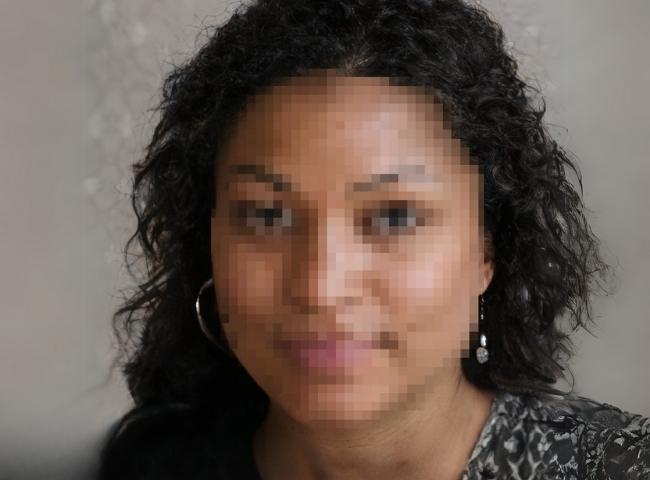Meet Zola

Zola's story
Electrolysis Support Fund recipient
Zola (she/her) is a BIPOC trans woman navigating underemployment and living with a disability. She works as an independent teaching artist, but consistent gigs are rare, and teaching—her only source of income—barely covers rent. As a result, she often faces the threat of eviction and has accrued both medical and personal debt just trying to survive.
Zola lives in an anti-trans state where discrimination is a daily reality. “I’ve applied to jobs and been denied because I’m a deep dark-skinned Black transfemme,” she shares. Without reliable access to HRT and no financial support, she continues to face systemic and personal barriers. Shaving is painful, often leaving her with a visible shadow, ingrown hairs, and frequent cuts. The resulting dysphoria makes her afraid to show her face in public.
“I hope laser hair removal helps me to be safer in the world,” she says. For Zola, this care would reduce misgendering, ease daily fear, and allow her to step outside with more comfort, confidence, and dignity.
Zola's timeline
-
Award Granted
April 14, 2025
Zola was awarded a grant toward permanent hair removal!
About Hair Removal: Femme Award
On average, it costs $2,300+ for Zola's care.
- What is it?
- Before care
- After care
What is it?
Point of Pride provides grants to trans femme people seeking hair removal on their face, neck, or an area of the body in preparation for bottom surgery.
What is life like for a person who needs this care?
For trans femme folks, particularly trans femmes of color, access to facial hair removal often equates to safety against anti-trans violence or discrimination. It's common for applicants to note issues with employment and public safety, particularly if their facial hair is dark or thick. Electrolysis and laser hair removal services are often deemed cosmetic and therefore not covered by health insurance plans.
What is the impact of this care on the recipient’s life?
Access to hair removal often leads to a more positive emotional well-being, increased confidence, increased safety when in public, and better opportunities at employment and more.
Your support funds healthcare that's
life-changing. Life-saving. Life-giving.